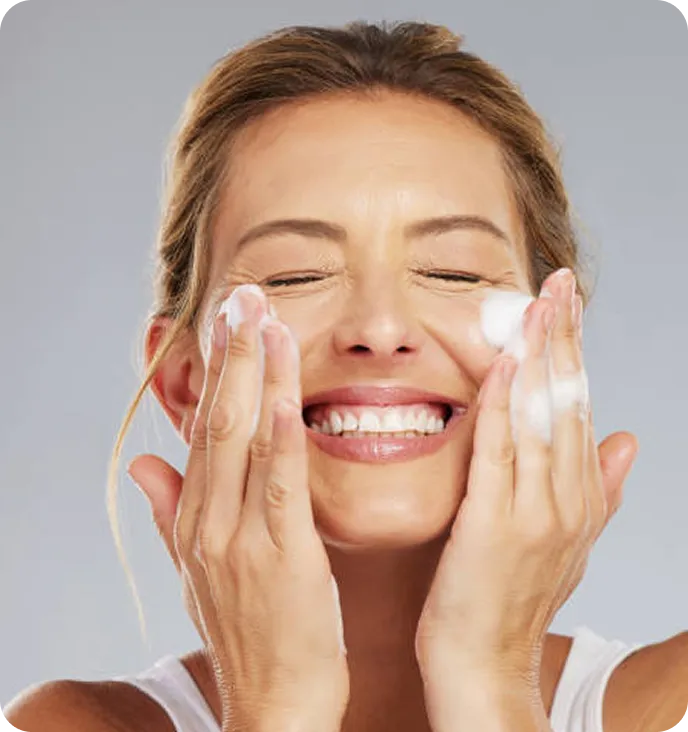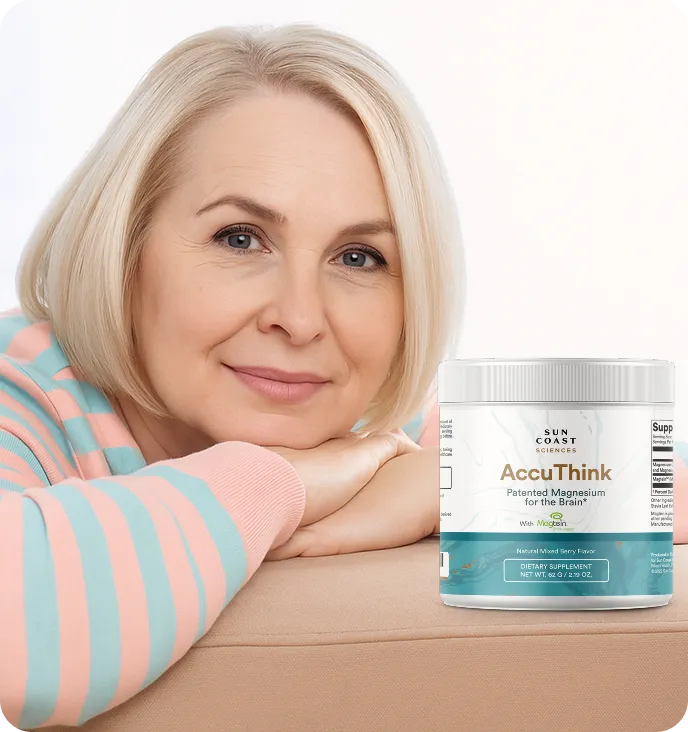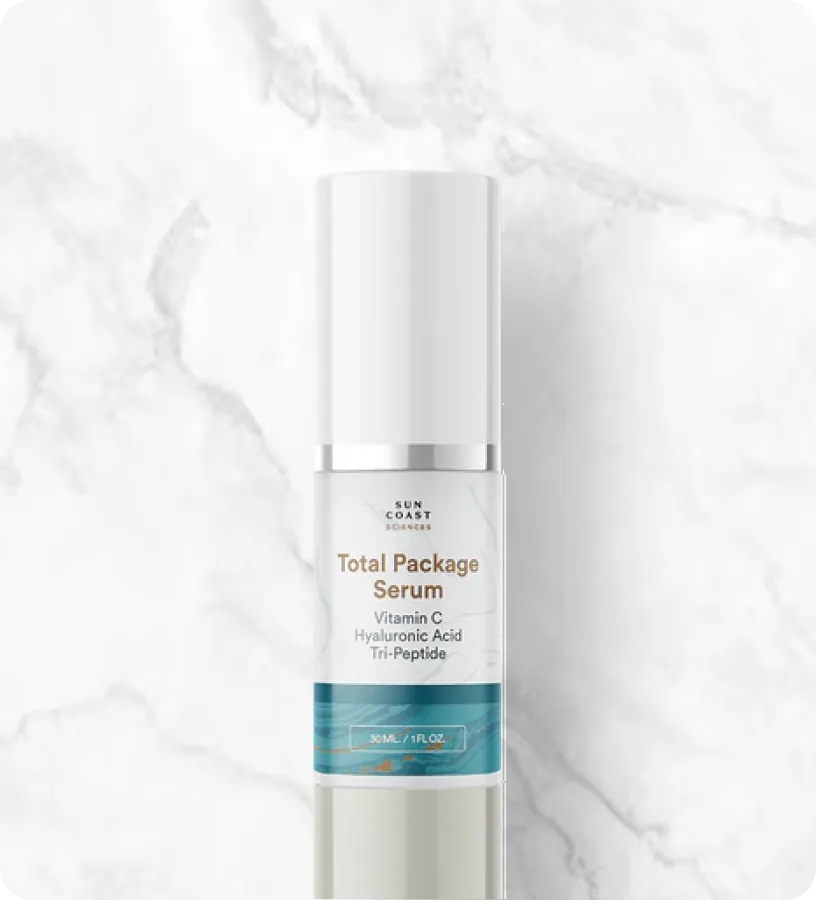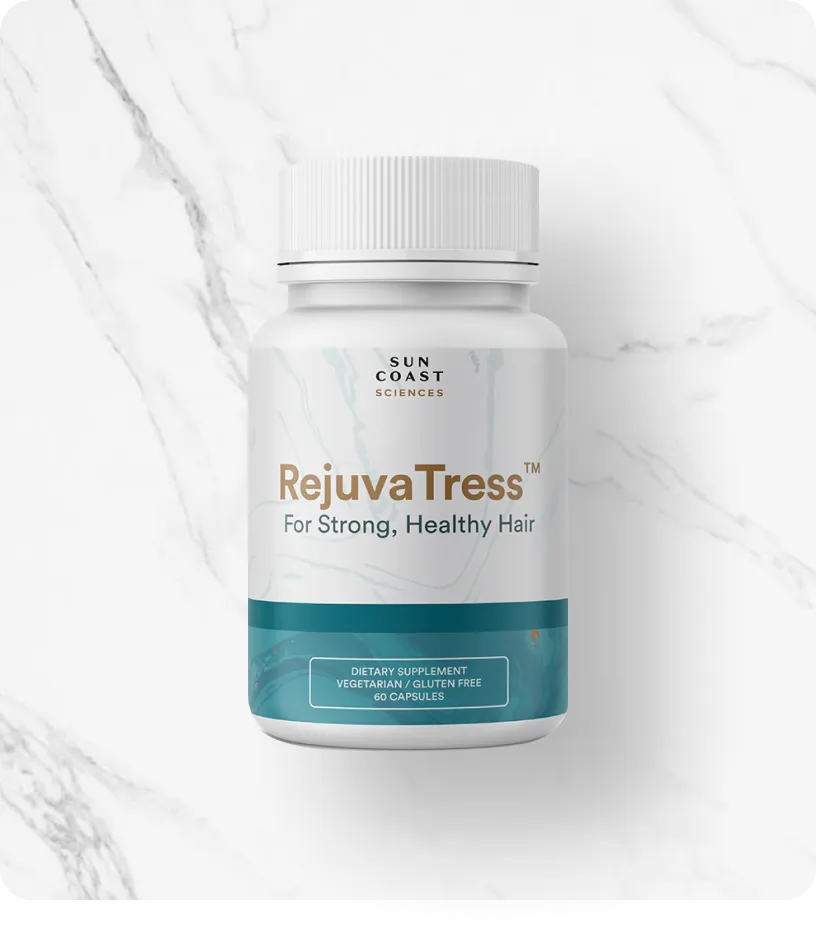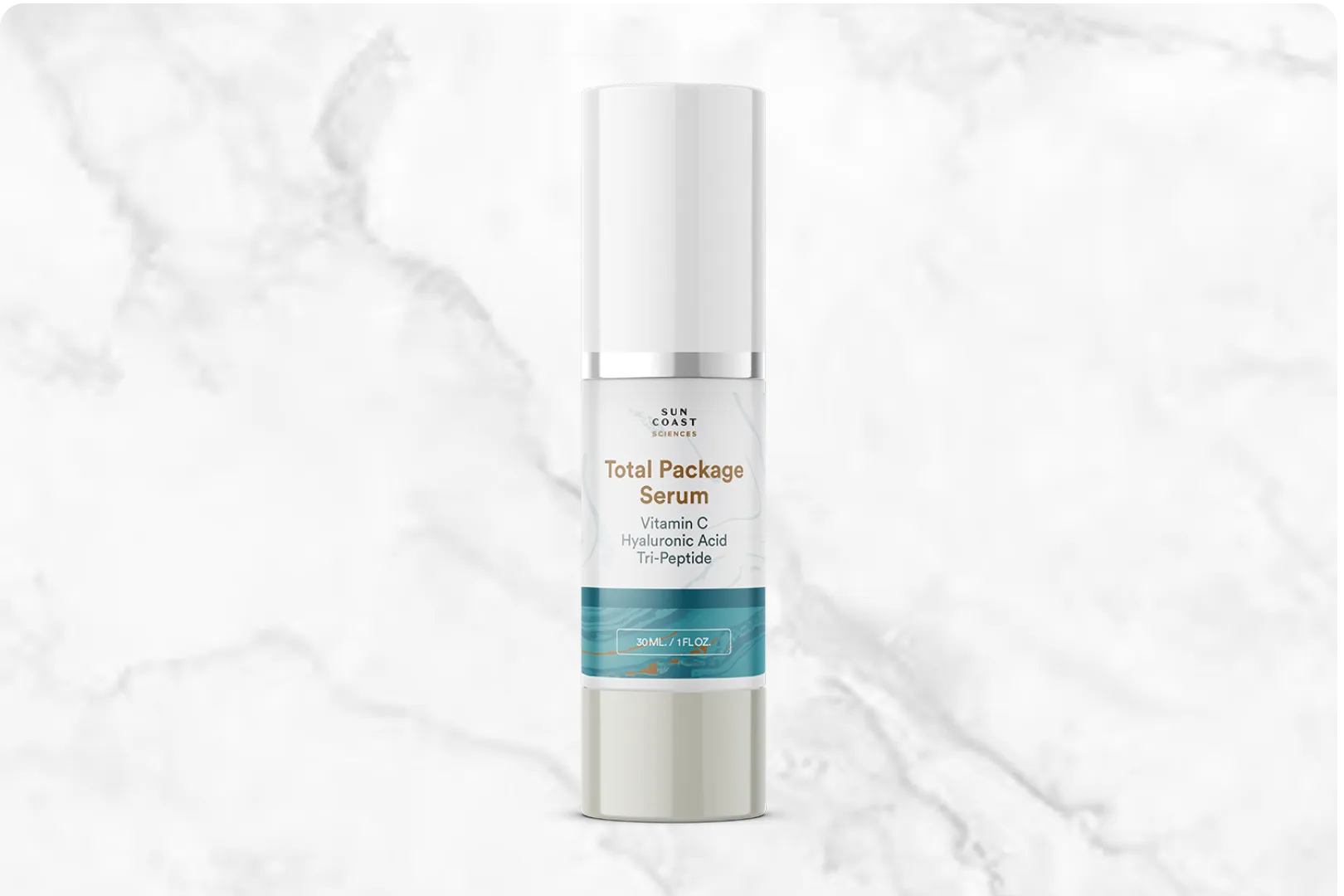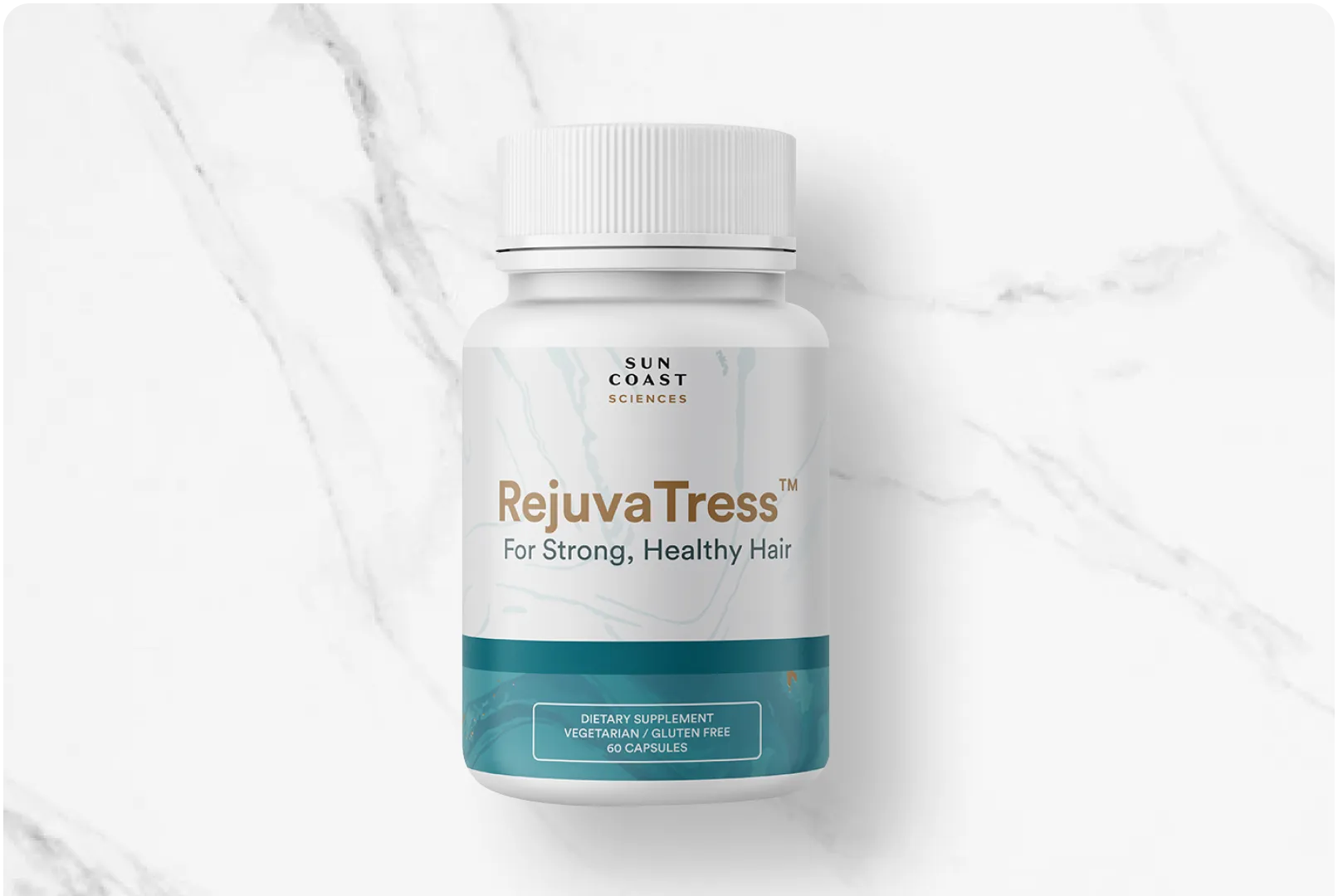The REAL Reason You’re Not Sleeping Well (And It’s NOT Stress!)
April 27, 2022

“Dr. Mark, I can’t stop my thoughts from racing at night… I’m tossing and turning all the time.”
“Dr. Mark, every morning I wake up feeling more exhausted than when I went to bed. What’s the matter with me?”
“Dr. Mark, my body feels like a wound-up coil ready to explode… I just can’t get any shut-eye!”
Have you ever found yourself uttering phrases like these?
Sleep disorders like insomnia are an extremely common problem affecting millions of Americans…
And what’s even more alarming is how most people chalk up their poor sleep to simply “feeling stressed”…
But I’m here to tell you, that’s not the case.
Truth is, many factors can lead to poor sleep such as work, family obligations, and other health problems…
However, the real reasons behind your lack of quality sleep, especially for adults older than 45… are purely biological.
There are 3 key chemicals inside your body that are responsible for your amazing (or awful) sleep…
When these three important chemicals are out of balance, that imbalance can lead to:
- Sky-high stress levels that fill you with anxiety and keep you feeling tense 24/7…
- Increased risk of heart disease and other chronic health problems…
- An uncertain mind that won’t stop chattering, keeping you awake past midnight…
- Weight gain and extra inches around your waist, even if you’re not overeating…
- And much, much worse…
So, let’s dig into what these chemicals are, and how you can use them to help you higher quality Zzz’s:
~~
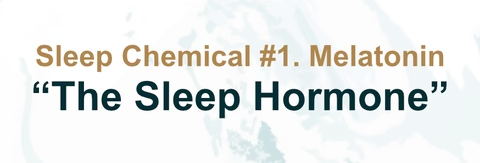
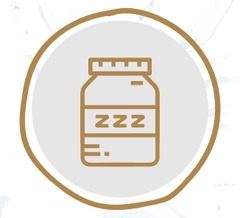
Melatonin regulates your sleep-wake cycle, and releases from your pineal gland when it’s time for lights out.
But as we age, our bodies produce less and less melatonin.
When melatonin levels start to decline, it can be very difficult to get a good night’s sleep no matter how hard you try.
How to balance your Melatonin:
Melatonin is naturally produced in your body when it’s dark, so set a regular sleep schedule and avoid bright screens like TV’s and laptops before bedtime. Over time, a consistent routine will train your body to know when to relax (and release more melatonin).
You can also try taking melatonin supplements, but be sure to speak with your doctor before doing so.
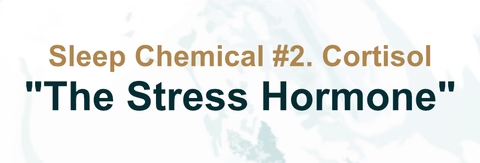

Cortisol is a stress hormone that’s released in response to physical or emotional stress. It’s also known as the “fight or flight” chemical.
When cortisol levels are constantly high… it leaves our bodies feeling exhausted, rundown, and ‘tight’. Traffic jams, work deadlines, and family problems are all common sources of cortisol overload.
Since cortisol is so important to survival, it’s also tied to your metabolism. While this process is essential for survival situations, it also increases your appetite. Elevated levels of cortisol have been shown to increase cravings for sweet and fatty foods, leading to weight gain.1
How to balance your Cortisol:
Yoga, deep breathing exercises, and regular meditation are all great ways to reduce cortisol levels.
You can also try ashwagandha, an evergreen shrub that grows in Asia and Africa. Ashwagandha is used in traditional Ayurvedic medicine to help reduce stress and anxiety.
In a health study among 60 adults comparing the effects of Ashwagandha on cortisol and stress, ashwagandha was proven to be an effective cortisol reducer.2
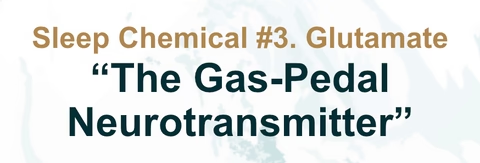
 Glutamate is responsible for stimulating nerve cells and activating the brain. It’s great for learning, memory, and focus.
Glutamate is responsible for stimulating nerve cells and activating the brain. It’s great for learning, memory, and focus.
If your brain was a car, glutamate would be the gas pedal.
But too much glutamate can also be a bad thing.
When our brains are flooded with too much glutamate, it leads to those nights when we can’t switch our brains off, no matter how hard we try.
How to balance Your Glutamate:
If glutamate is the gas pedal, GABA is the brake.
GABA is a neurotransmitter that’s responsible for slowing down nerve cells and promoting a sense of calm.
The best way to naturally produce GABA is through physical exercise, such as running, swimming, or biking.
~~
While we can’t control every factor that leads to poor sleep, we can take steps to correct the chemical imbalances that are keeping us from getting the rest we need.
If you ever find yourself tossing and turning in the night, or feeling exhausted and rundown during the day…
It may be time to take a closer look at the key chemicals responsible for sleep: melatonin, cortisol, and glutamate.
By understanding how these chemicals work, you can take steps to correct any imbalances and get the deep, restful sleep you need to stay healthy, young, and happy.
